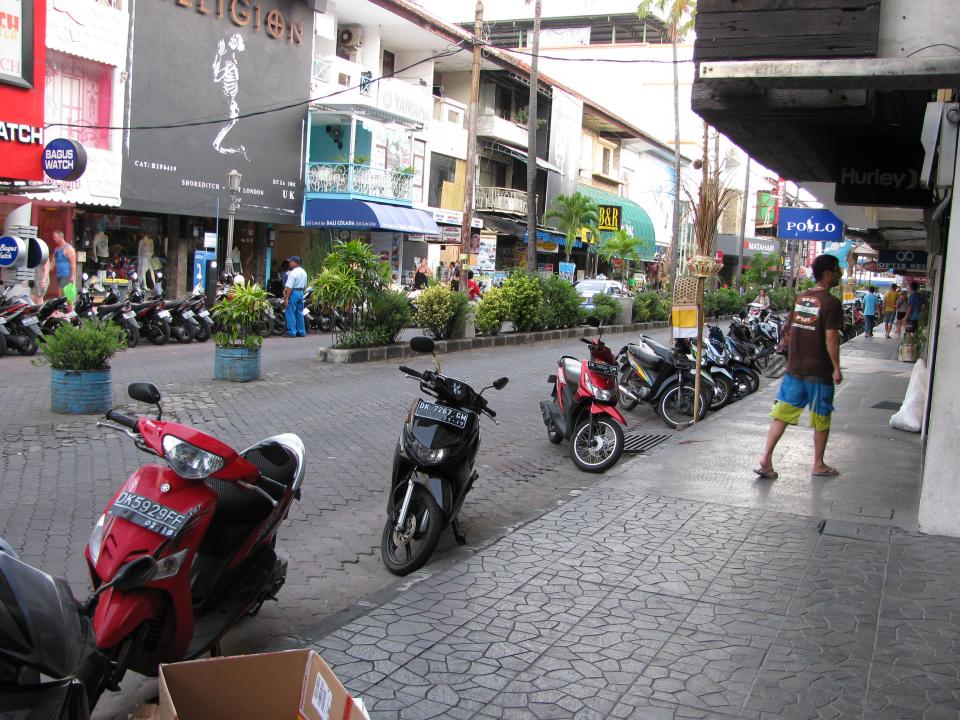Asia: a gap too far for NZ exporters?
Thursday, 21 November 2013
Ninety percent of New Zealand businesses see Asia as having the greatest impact on our economy in the next three years, be it positive or negative, according to the recent Grant Thornton International Business Report (IBR).
Greg Thompson, Grant Thornton New Zealand partner, said that while businesses see the possibilities, few consider they have the ability or capacity to directly access that potential. A step from a market of four million to one of four billion is a gap too wide for most.
“While SME businesses form the backbone of our economy, on the world stage the large majority of New Zealand companies are just too small to be able to tackle Asia, be they exporters or importers. The scale of the proposition is compounded by a range of other factors including distance and language that are also seen as impediments. The difficulty for these businesses is that they each need to reinvent the wheel on how to enter and survive in the international market.
“It’s fine for the Government to say that they want ‘export led growth’ but the reality is that this is just not going to happen without a fundamental change to the way we approach international trade. Not only are most of our businesses too small, they just don’t have the skills or the financial clout.
“The Government is to be commended for its progress in reducing the barriers to trade, through entering into Free Trade Agreements and the like. However, for the Government to achieve its goal, it will have to invest considerably in supporting aspiring companies to execute an international strategy. Our research shows that currently most are just not equipped to achieve this without support,” he said.
The research showed that 30% of all respondents felt that limited knowledge of global markets was the one key factor limiting the ability to take advantage of the global markets, while 20% were worried about exchange rate volatility. The balance of concerns were many and varied.
“The sheer size of Asia, the cultural and language barriers, different legal system and remoteness are all other factors that make dealing in this part of the world difficult. The risks to a business as a whole, of a failed foray in the international market, are real, with a number of publicly reported international failures being the tip of the iceberg of those which are unreported. The fact that China is about to overtake Australia as our biggest trade partner shows the importance of the region. However, the size of the opportunity is also countered by the dangers of over reliance, such as the impact that the slowdown in China had on Australia’s mining industry particularly and the economy in general.”
Thompson said that while New Zealand Trade and Enterprise and the Ministry of Foreign Affairs and Trade provide an invaluable resource to businesses seeking to venture internationally, those businesses were essentially on their own tackling the giant that is Asia.
“The Government should be investing its money in bringing together businesses to collectively scale up, pool resources and knowledge, and provide greater capital to be more effective in their international enterprise. This is much the same way as some of New Zealand’s best international traders have tackled the problem.
“Asia is a great opportunity for New Zealand businesses, be they importers or exporters, but it is a challenging and experienced environment. Don’t forget that the likes of India, China and Japan have been trading with the rest of the world for more than a thousand years and we are the new kids on the block.
“Just like any experience in life, when you start playing with the ‘big boys’ you can get hurt. This is where the Government can play a hand in helping these businesses prepare to enter the Asian markets and then assist them to get ‘back in the saddle’ if things go awry,” he said.


